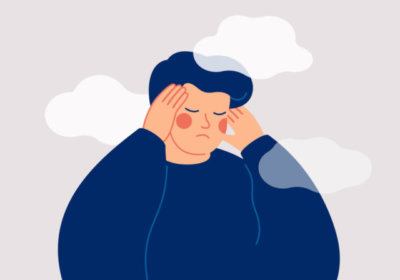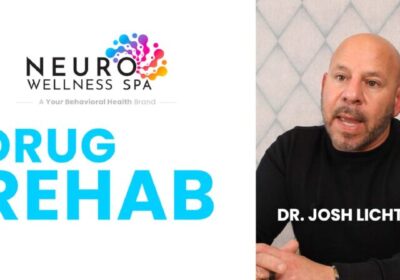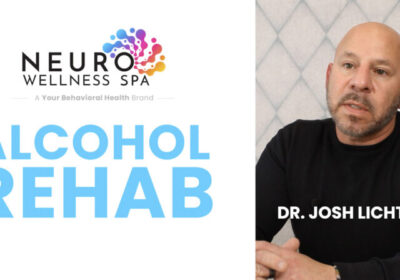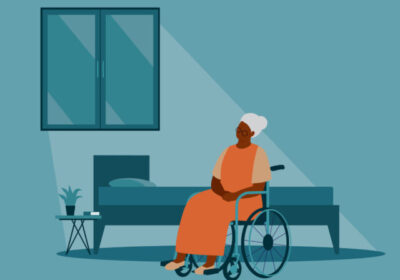May 2020 Newsletter
Perspective in Honor of Mental Health Awareness Month
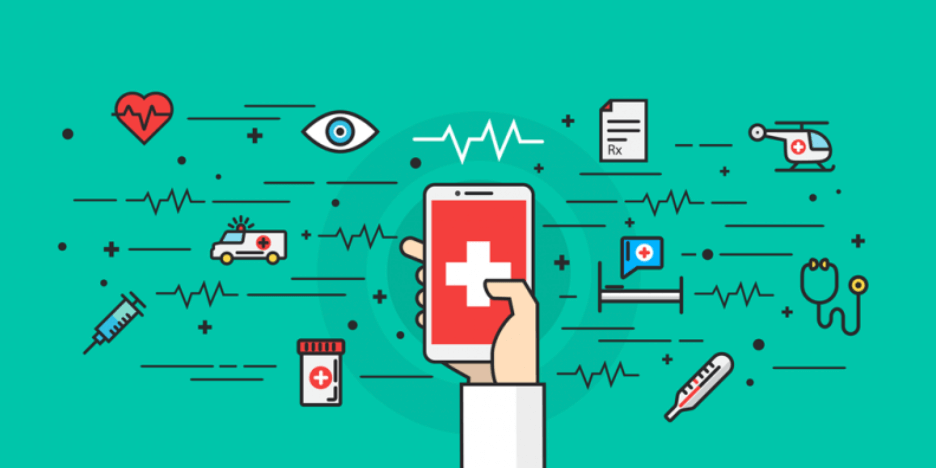
May is Mental Health Awareness Month. Every year, many join together during this time to fight mental health stigma, provide support, educate the public, and advocate for policies that support people with mental illnesses and their families. In part due to their efforts, mental health treatment has changed a lot in the last few years and, with each passing May, it continues to evolve.
Today, approximately 1 in 5 adults live with mental illness in the United States, and this number is expected to increase in the years ahead. Meanwhile, there is a growing shortage of mental health resources and the gap between demand and supply continues to grow. While the current state of mental health care can feel frustrating at times, there has been significant progress made in the last few years, especially in the following areas:
1. Attitudes towards mental health and mental health services
While mental health is still routinely treated differently than physical health, attitudes towards mental health and mental health services are improving. As research groups continue to identify and explain underlying biochemical pathways, the understanding that mental disorders are physical illnesses has improved.
Increased awareness and understanding that mental illnesses are biological illnesses has helped reduce stigma. As research has confirmed, the two are in fact inseparable.
2. Availability of mental health services
While the supply of mental health services has yet to match demand, psychological treatment is now accessible in much broader range of locations than ever before. Individuals seeking treatment may visit a community mental health center or a private practitioner.
Increasingly, many children have access to mental health services at school including school counselors, school psychologists and school social workers. The range of treatment providers has also expanded.
In addition to psychologists and psychiatrists, there are clinical social workers, marriage and family therapists, and trained religious personnel who may also provide counseling or therapy. In the past, even when people had health insurance, the coverage would not always extend to mental health services.
With the Mental Health Parity and Addiction Equity Act of 2008, mental health plans have had to ensure parity of coverage for mental health services. In addition to government funded and private pay mental health treatment options, many now have access to health insurance coverage for mental health treatment.
3. Delivery of mental health services
Finding mental health treatment has not always been easy, especially in rural and low-income urban areas. Waiting lists, poor quality of care and financial obstacles, like transportation and taking time off from work, have prevented many from seeking treatment.
Like all areas of healthcare, mental health care has and will continue to be changed by digital care platforms. Digital care delivery of mental health treatment, including telepsychiatry and remote monitoring services, have helped dismantle barriers that previously prevented patients from accessing services, including limited transportation, privacy or stigma concerns and clinician shortages.
Despite advancements in medical engineering, data science and smart devices, there are still many who prefer or require in-person mental healthcare. The innovations described above are just a fraction of the digital mental health solution available today, but access to quality mental health care, whether in-person or remote, remains a challenge.
4. Evidence-based mental health care
Science works best when scientists and practitioners communicate with each other. When practitioners understand and implement evidence-based practices in psychotherapy, pharmacotherapy and neuromodulatory treatments, mental health care and substance abuse treatment improves.
Although there are many evidence-based treatments available, every one of them has both drawbacks and non-responders. Recently, increased provider education about evidence-based treatments like transcranial magnetic stimulation (TMS) and ketamine has drastically improved outcomes for patients experiencing treatment resistant mental health conditions.
Currently, many interesting mental health treatments are under clinical investigation including psilocybin and MDMA. Looking towards the future, the dissemination and implementation of those findings could have major implications for mental health care quality for generations to come.
5. Renewed focus on wellbeing
A renewed focus on self-care and wellbeing has been a major trend in the past few years. Considering this trend and how many adults in the U.S. own a smartphone, it comes as no surprise that there are more than 10,000 mental health apps available for download today that offer a range of services from sleep and relaxation to therapy to medication monitoring.
With wellness apps, users can live chat with a therapist or coach via text or video or learn and practice skills such as stress management and mindfulness without direct clinical oversight.
Looking back, major progress is evident. Care is more evidence-based than before, and accessibility of mental health services is improving. However, much remains to be done and we are all responsible for helping mental health care in the United States.
As we conclude this year’s Mental Health Awareness Month, we challenge you to consider how you can help advance the fight against mental health stigma and advocate for mental health care in the year to come.
Believe it or Not!?
Health History
Erasmus Darwin, grandfather of Charles Darwin, proposed that centrifugal force could be used to treat mental illness. During rotational therapy, as it was known, patients were placed in a specially designed chair which applied excessive spinning to lessen “brain congestion”.
Reports of patients reaching a tranquil state after the procedure encouraged its spread across Europe. Although the mental health benefits of this treatment were probably nonexistent, they are nonetheless notable for providing the very first descriptions of G-force–induced biomedical effects.
To date, highly modified versions of rotational therapy have been investigated for a range of other conditions, including pneumonia.
…now more than ever, mental health is so important.
….it’s our responsibility to protect and care for those who are struggling.
…all voices deserve to be heard.
…there is so much uncertainty now, it’s important to reach out for support and know you are not alone in this.
… a healthy mind is crucial for adapting well to life’s challenges.
…it affects every aspect of one’s life. No one should have to go without proper care if facing difficulties.
….support, tools, strategies and positive encouragement make coping during uncertain times possible.
Where We’ve Been…

Our Telepsychiatry Services:
We are pleased to offer our expert clinical care safely and directly to patients through scheduled, virtual appointments via our HIPAA compliant video-conferencing platform. For more information on telepsychiatry including accepted insurance providers, click here.
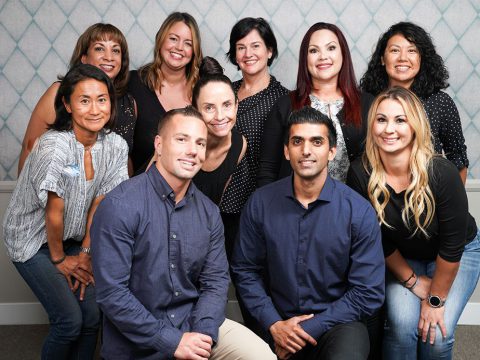
As We Remain Open for TMS Patients…
We are so grateful to our incredible clinical team for bringing some much-needed laughter, compassion and support to our transcranial magnetic stimulation (TMS) patients during this difficult time. We acknowledge that these past few weeks have been challenging for medical professionals around the world, and we are so thankful to our staff for staying committed to our patients who need mental health support now, more than ever. For more information on TMS as a safe, highly effective and drug-free therapy, visit https://neurowellnessspa.com/tms-therapy-california/

Dr. Martha Koo, MD Elected to the Board of Directors of the Clinical TMS Society
Dr. Martha Koo, MD is one of nine expert TMS physicians who is elected to serve on the Clinical TMS Society’s Board of Directors. On May 20th, Dr. Koo was nominated to co-chair the research committee which aims to optimize the administration of TMS, develop novel indications for TMS therapy, expand insurance coverage and increase public awareness of TMS.

Psychodynamic and Psychopharmacology Seminar at the New Center for Psychoanalysis
Dr. Martha Koo, MD taught the Psychodynamic and Psychopharmacology seminar at the New Center for Psychoanalysis.
We’re more than a newsletter. We give tours, offer consultations and can even speak at your event.









